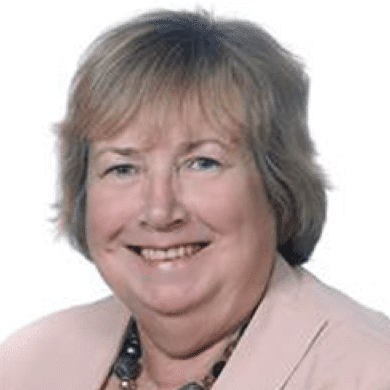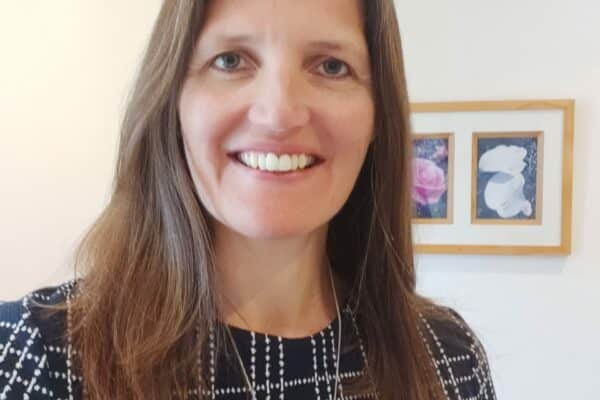Hi Sheila,
I am the Quality Support Manager for a group of care homes. I am obviously trying to stay one step ahead of CQC and would like to know if there is anything specific they are focusing on at the moment?
As a group we are obviously focusing on quality of life for our residents but what are CQC really scrutinising?
The inspectors all seem to have their own criteria.
Dear Sue,
Your question is an important one and although I cannot give you a complete response, I can tell you about my own experiences and what I have read in many CQC inspection reports.
Because I know that this column is read by many care providers I thought I would divide my answer into three parts to make it more easily read.
It is I think fair to say that CQC inspectors’ inquiries may well reflect the information that they have obtained from the PIR that you complete and other sources of data that they receive about a service.
There are though a number of areas that seem to come up regularly especially where services are being required to improve, this will be Part 1. Part 2 will be about audits and Part 3 will be about the information to be included in the Provider Information Return (PIR).
Finally, I want to say to you and to anyone reading this, if you require further information about any part please send me an email.
Best wishes.
Sheila
Part 1 – Issues often raised by CQC
Medication
The first is medication. I personally find it difficult to understand why that is. We have known of CQC’s concerns about the handling of medication for several years now.
I have recently worked with three organisations that were found to be failing this area and in all cases the handling of medication, policies, systems and procedures have been turned around although not immediately, it does take time.
I think there are two keys to this:
• Training
• Auditing
I believe what each home needs to consider is how the handling of medication is audited.
For staff that undertake the handling of medication there needs to be regular training and re-training where basic errors are occurring. If the errors continue to be made by an individual, then some serious steps may need to be taken.
Audit is the key to getting an absolute grip of this area.
Until everything is right the audit needs to be done daily. After that you can make the decisions as to how often it is done, but I know that many providers always undertake basic checks on a daily basis.
Auditing should cover:
• Medication sheets and signatures for drugs given
• Storage of medication
• Disposal of unwanted medication
• The handling of controlled drugs
• The number of drugs in stock
• Explanation where drugs are not given
• Appropriate recording of drugs in and drugs out
• Information about self-medication
• Information about the handling of homely remedies
• Error and incident reporting
Getting Local Pharmacists Involved
This work should be developed in conjunction with your local pharmacist.
If you were really struggling with the handling of medication, then it might be worth while talking to your pharmacist about the latest developments and systems in the handling of medication.
As challenging as it can feel to get the handling of medication right, once you have the right system and the right training in place then it should work really well.
Registered Managers
Is there a Registered Manager in place? If there isn’t then you need to have a clear record of the steps being taken to recruit one.
Mental Capacity Act and DoLS
Are the Mental Capacity Act and Deprivation of Liberty Safeguards (DoLS) records in place and up to date?
The Mental Capacity Act recording of decisions made and best interests decisions need to be clearly recorded and contemporaneous with when the decision was made.
Decisions about whether or not to apply for a DoLS authorisation are in many cases not being made as early as I think they should be.
This is particularly true in homes where care of people with dementia is being provided. If any of you are still in doubt and need assistance, please email me for my fact sheet or search the internet, there is plenty of information available.
My best advice is “if in doubt about whether or not to apply for an authorisation then apply”.
The other thing that is often picked up by inspectors is that where an authorisation is in place it will be for a specified period of time and you must make an application for renewal if necessary.
Staffing Levels
I have read in many CQC inspection reports that the staffing levels were not high enough. Sometimes I wonder how the inspector makes that decision when I see no evidence of an assessment.
Having said that it is for you to be able to demonstrate that you have assessed the needs of the people you are caring for and provided staff accordingly.
You must therefore have evidence of how you have assessed the needs of the people that you care for and base that on the dependency of each service user.
There are various systems available commercially that you can use for the assessment if needed. I can give you further information if required.
Training
Do make sure that the training requirements are being met especially mandatory training.
Part 2 – Auditing
As the quality support manager for multiple homes, it would be helpful for you to go through the KLOEs regularly. This will help you to make sure you have the correct records, policies and procedures in place.
Just knowing which things are most often picked up at inspection isn’t enough. You should have the necessary audit tools in place. Audits must be undertaken regularly to demonstrate that standards are being meet.
There are many audit tools available commercially or you can of course design your own.
One important point I want to make is that the Registered Manager doesn’t have to do all the auditing themselves.
Auditing is not just about the care element; you will also need to have tools relating to:
• Health and Safety
• Fire Prevention
• Catering
• Housekeeping
• Prevention of infection
The registered manager will need to have sight of all the audits as they are completed. They will need to be able to work with staff to take appropriate steps where failures are occurring.
Part 3 – Provider Information Return (PIR)
Don’t forget when completing your PIR to mention all the innovation, quality improvements and changes that have been made! Mention all from the previous year, no matter how small. Do not be afraid to do this, if you don’t tell the inspector who else will? In the same way, you should record what your plans are for the future.
I have seen clearly and spoken in detail to two of the providers that have achieved ‘Outstanding.’ They are extremely open about what their plans are for the future and what they have achieved so far.
I have spoken to two ‘Outstanding’ providers, a care home and a home care agency.
Another thing I noticed is that both providers I spoke to were firmly in the heart of their community.
As you know the PIR is arranged under the five key question areas (safe, effective, caring, responsive and well-led). There is plenty of guidance on the CQC website to help you to complete the document. The amount of words you can use in each section is limited so it is best to provide your responses in bullet form.
We expect that you will be contacted every year to submit a formal return so make sure that you keep a copy to use as a guide.
Finally, being asked to complete a PIR is often an indication that an inspection will take place but not always.
I know that’s a lot of information to take on board, but I do hope that it will help. Once again, if you have any other questions, or need any other information please send in more Ask Sheila questions, or send an email to me via the QCS customer care team ([email protected])







